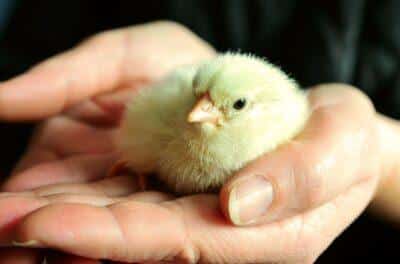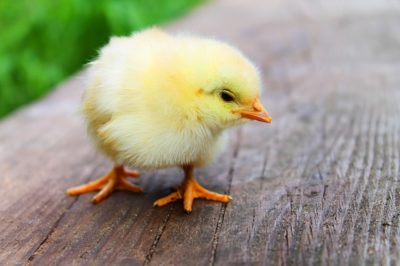Chances are if you have considered keeping a backyard flock that you also have thought about hatching your own chicks.
Being able to maintain a controlled breeding program can mean a great deal to a homestead birding operation. Commercial incubators can cost hundreds or even thousands of dollars.
Fortunately, there is an alternative – building your own incubator. Here are a few things to keep in mind when you are designing your incubator.
Temperature
Most eggs require a constant 99 to 101 degrees Fahrenheit. When incubating chickens or quail, for example, you will want the temperature to stay at about 99 ¾ degrees Fahrenheit. Although that may seem impossibly precise, it’s not terribly difficult to achieve. Though the actual temperature may fluctuate a half degree or so, a difference of one degree can decrease the number of eggs that hatch. So an accurate thermometer is essential. I would suggest keeping three to four thermometers in the incubator and averaging out their readings.
Humidity
This is another thing that needs to be precise. An environment that is either too wet or too dry can cause serious problems for the chicks. To monitor this, you will need a wet bulb thermometer. The humidity reading should be 85 degrees for the first few days and rise toward 90 degrees during the last few days of the incubation period. If there isn’t enough moisture in the air then the chicks can stick to their shells. If there is too much moisture there is a greater risk of swelling.
All The Answers To Every Chicken Question And Quandary …
A simple way to add humidity to your incubator is to put a sponge in an 8×8-inch bread pan filled with water. The size of the sponge will determine the humidity levels. You should be able to experiment a little to find out what works in your environment. Don’t forget to coat all wooden parts of your incubator with a plasticized sealer to hold in the humidity.
Facilitate Regular Movement of the Eggs
A mother hen sitting on her eggs will shift her eggs an average of 96 times per day. Which means moving your eggs every day is essential. You can shift your eggs much more infrequently than 96 times, but move them at least three times a day. There are a few different ways to go about turning your eggs. You can reach in and move them around with your hands or invest in an automatic egg turner.
Want The Best Chemical-Free, All-Natural Insecticide — For Your Garden AND Home?
The three things above are the most important factors in whether your incubator will work well. Here’s a few additional tips to help you hatch many healthy chicks:
- Feed your hens a healthy, balanced diet and only incubate eggs laid by the healthiest hens.
-
When choosing eggs for the incubator, pick ones of average size and of good shape. For whatever reason, eggs that are too large or too small don’t hatch as well.
- Never keep eggs for more than 10 days before incubating. They should go into the incubator as soon as possible.
- Make sure the shells are clean, but don’t wash them. When you mark the date, do so with a soft pencil and wash your hands before handling them.
- Preheat the incubator and make sure the eggs are at room temperature before placing them in the hatchery.
- When you add liquid to the incubator, make sure it is lukewarm. If the water is too cool, it can chill the eggs.
- Place chicken eggs in a container and always large end up.
- Once your chicks have hatched, leave them in the incubator for 24 hours, or until they are dry.
- After all of your chicks have hatched, make sure to clean your incubator thoroughly with a diluted chlorine bleach solution. Rinse well and dry.
Overall, 70 percent or more of your eggs should hatch if the conditions are right. The exact shape, size and materials used to build your incubator will vary depending on your needs. Just make sure to keep the temperature and humidity where they should be and turn your eggs three times a day. Enjoy watching all your little chicks hatch and grow.
What additional advice would you add? Share it in the section below:
Discover The Trick To Saving Thousands At The Grocery Store. Read More Here.
 Off The Grid News Better Ideas For Off The Grid Living
Off The Grid News Better Ideas For Off The Grid Living






